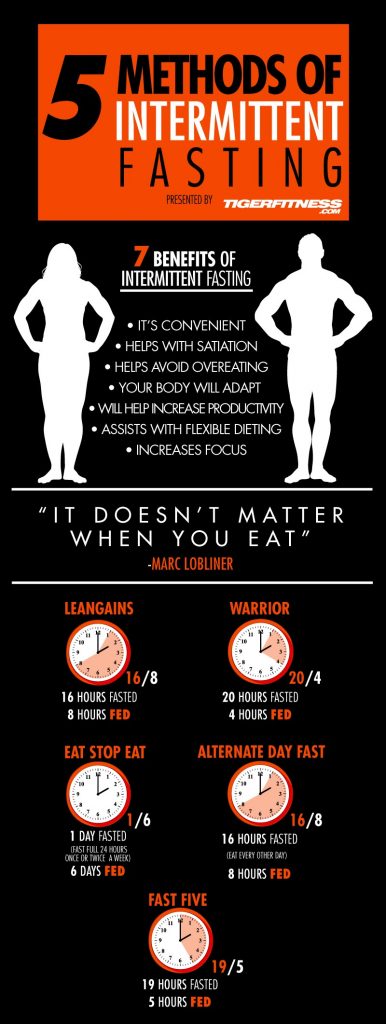
Research by Dr. Robert O. Young, author of The pH Miracle for Weight Loss, shows that the epidemic of obesity in the industrialized world is the result of acidity in the body.
The human body produces acidity through its own metabolic processes, and because the Standard American Diet (SAD) is high in acidic foods such as meat, dairy, grains, high sugar fruits, beverages, and bread, it adds a tremendous load of acidic wastes to build up in the body. The result is the body creates fat cells to trap and neutralize these excess acids in the system. In addition, when acid wastes enter our bloodstream, the blood system will attempt to dispose of these wastes in liquid form through the lungs or the kidneys. If there are too many wastes to handle, they are deposited in various organ systems like the heart, pancreas, liver, colon, and other locations.
Traditional methods of weight loss (i.e., diets) are often not successful or are temporary resulting in re-gaining lost weight after a period of time. Reducing portion size only minimally decreases acid intake. Reducing calories will actually increase the acidity of the body if sugar alternatives and “fake foods” are used as substitutes as they increase the overall acidity of the body. Similarly, reducing fat intake does not change the acidity of the body.
Drinking alkaline ionized water (a/k/a Kangen Water®) and maintaining a healthy body pH can, on the other hand, reduce fat storage by releasing the acidic waste build up. Without excess acid in the system, the body has no need to hold on to the fatty layer it has created to protect itself. In addition, staying hydrated with micro-clustered Kangen Water® throughout the day gives the body an increased feeling of being “full”, thus reducing the need to eat as often.
One proven method (with multiple variations), to lose weight and maintain weight loss that is gaining in popularity is through Intermittent Fasting. There are many books written on this subject as well as a multitude of blogs and You Tube videos.
Intermittent fasting is not a diet. It is system/pattern of eating based on when you eat rather than what you eat.
In reality, this type of fasting dates back to prehistoric times when our ancestors were forced to fast between meals (sometimes for days) due to lack of readily available foods that probably consisted of meat and fish, fruits and vegetables, eggs and nuts.
There are numerous variations to choose from to include one or two 24 hour fasts (on non-consecutive days) per week, alternating fasting days (consuming reduced caloric intake on fasting days), or time-restricted plans during which you eat within a small window of time (5 – 8 hours) and fast the remainder of every day. The everyday method is more of a lifestyle rather than a weight loss system. Other variations include fasting on a weekly or monthly basis. The weekly/monthly variations are considered a practical way to begin intermittent fasting
Why intermittent fasting works is because it is one foolproof way of burning fat for energy rather than using glucose (blood sugar) immediately following a meal or glycogen (energy stored in the liver and muscles). Glycogen stores take about two weeks to deplete if practicing daily intermittent fasting, longer periods of time are needed with less aggressive fasting periods.
The benefits of intermittent fasting:
- Intermittent fasting simplifies your day by reducing the number of meals you have to prepare and eat. Intermittent fasting saves time and money (less food to purchase).
- Intermittent fasting helps you live longer. Scientists have known for a long time that restricting calories can lengthen life. Intermittent fasting activates many of the same mechanisms for extending life as calorie restriction.
- Intermittent fasting may reduce the risk of cancer and other debilitating diseases. This information is based on medical research.
- Intermittent fasting can help you get lean. Fasting puts your body in a fat-burning state that you rarely reach while following a normal eating schedule of multiple meals throughout the day.
- Intermittent fasting is much easier than traditional diets. The reason most diets fail is because people don’t follow the diet over the long term. Intermittent fasting is a weight loss method that is remarkably easy to stick to long-term.
Precautions to consider:
- Intermittent fasting is intended for fully-grown adults. Children’s bodies are not yet fully developed.
- Intermittent fasting is not suitable for women who are pregnant or nursing.
- Do not attempt intermittent fasting without a physician’s supervision if you are taking long-term medication or if you have a medical condition that is permanent or long-term in nature such as diabetes, epilepsy, heart disease, high blood pressure, or strokes. Obesity (20% greater than overweight) is a long-term medical condition distinct from being overweight that involves substantial changes in physiologic status and may cause unpredictable responses to a change in diet.
In closing, it is the food and beverage industry’s marketing efforts that attempt to convince the adult American public that eating multiple meals every day is good for you. Don’t be taken in by their efforts as they are simply driven by profits, not the well-being of people.
http://www.healthfitnessrevolution.com/10-health-benefits-fasting/
 Facebook
Facebook LinkedIn
LinkedIn Instagram
Instagram YouTube
YouTube